
Depression is a real illness
“Depression is not a weakness of character, laziness, or a phase. Tough love, like telling someone to ‘buck up’ or ‘try harder,’ doesn’t work, and worsens the illness. Depression is a disorder that develops from environmental and biological issues that are unique to each person. Only one out of four individuals [with depression] seeks treatment. The reason more don’t go for psychotherapy or medication is stigma. They worry they’ll be labeled, deemed undesirable, and other such things. Misinformation about mental illness shames and discriminates those suffering with depression from getting professional help.”
—Deborah Serani, PsyD, psychologist, award-winning author, and professor at Adelphi University.

You don’t need to feel sad all day to be depressed
“It seems obvious that experiencing a depressed mood most of the day, nearly every day, would be required for someone to be diagnosed. But some people who are diagnosed with depression do not report feeling depressed, sad or low, but rather, they report experiencing significantly diminished interest or pleasure in all, or almost all, activities most of the day, nearly every day. Either one, or both together, can be present when considering a diagnosis of depression.” —Simon Rego, PsyD, chief psychologist at Montefiore Medical Center, Bronx, New York. These are the 8 warning signs of depression everyone should know.
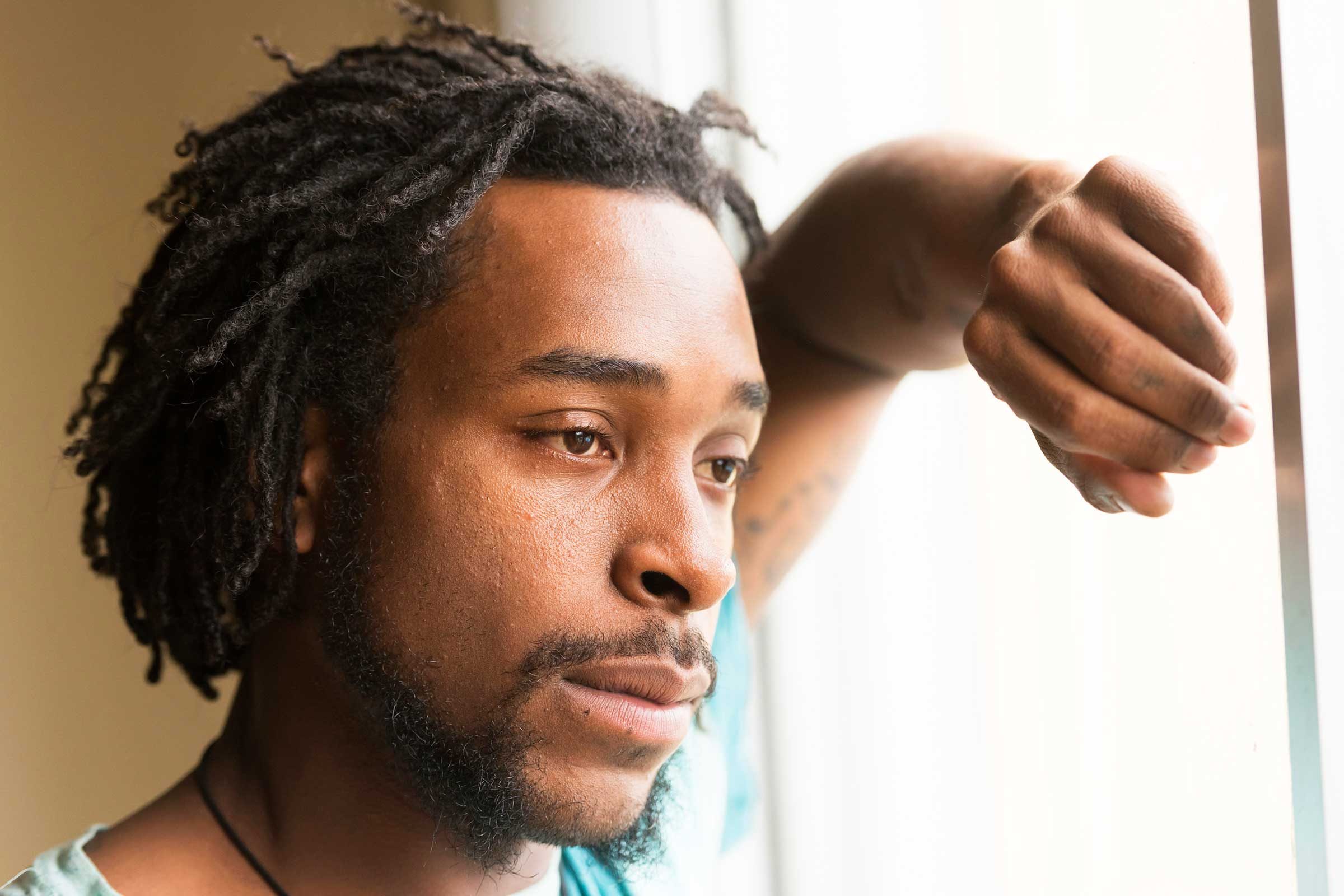
You can’t just “get over” depression
“Often people with chronic depression are told by friends and family to just ‘get over it,’ and they treat depression as if it’s temporary, like a cold. People suffering from mental illness are just that, suffering from an illness. But not one they can just get over, like a cold—it’s more like cancer. They cannot just ‘snap out of it.’ It is an ongoing fight.” —Gina Gambino, RN, BS in psychology, a behavioral health nurse in New Jersey.

Meds aren’t a quick fix
“Antidepressants may be helpful in certain forms of depression, but it is also vital that you delve deep into yourself to get to the psychological and spiritual truths of depression so you can fully heal. You are not a just a ‘victim’ of depression. You can take positive action such as exercise and meditation to help balance your biochemistry. Laughter is good medicine that can raise your endorphins, the feel-good neurochemicals in the body. Depression isn’t just the result of a biochemical imbalance. It is an opportunity to grow, to love yourself more, and to receive support from those who love you.” —Judith Orloff MD, psychiatrist and author of Emotional Freedom, Santa Monica, California. Here are 16 natural ways to help improve depression.

People can hide their depression
“Many people function well with depression in front of others. It’s when they start their day, end their day, or isolate themselves from others that the symptoms are obvious. It would be a mistake for someone to believe just because a person doesn’t appear sad, that they’re not depressed. This is called ‘high functioning depression.’ Depression can be treated successfully—the treatment is not the problem. The willingness to be assessed and ask for help is the major limitation.” —Susan Fletcher, PhD, psychologist and author, Plano, Texas
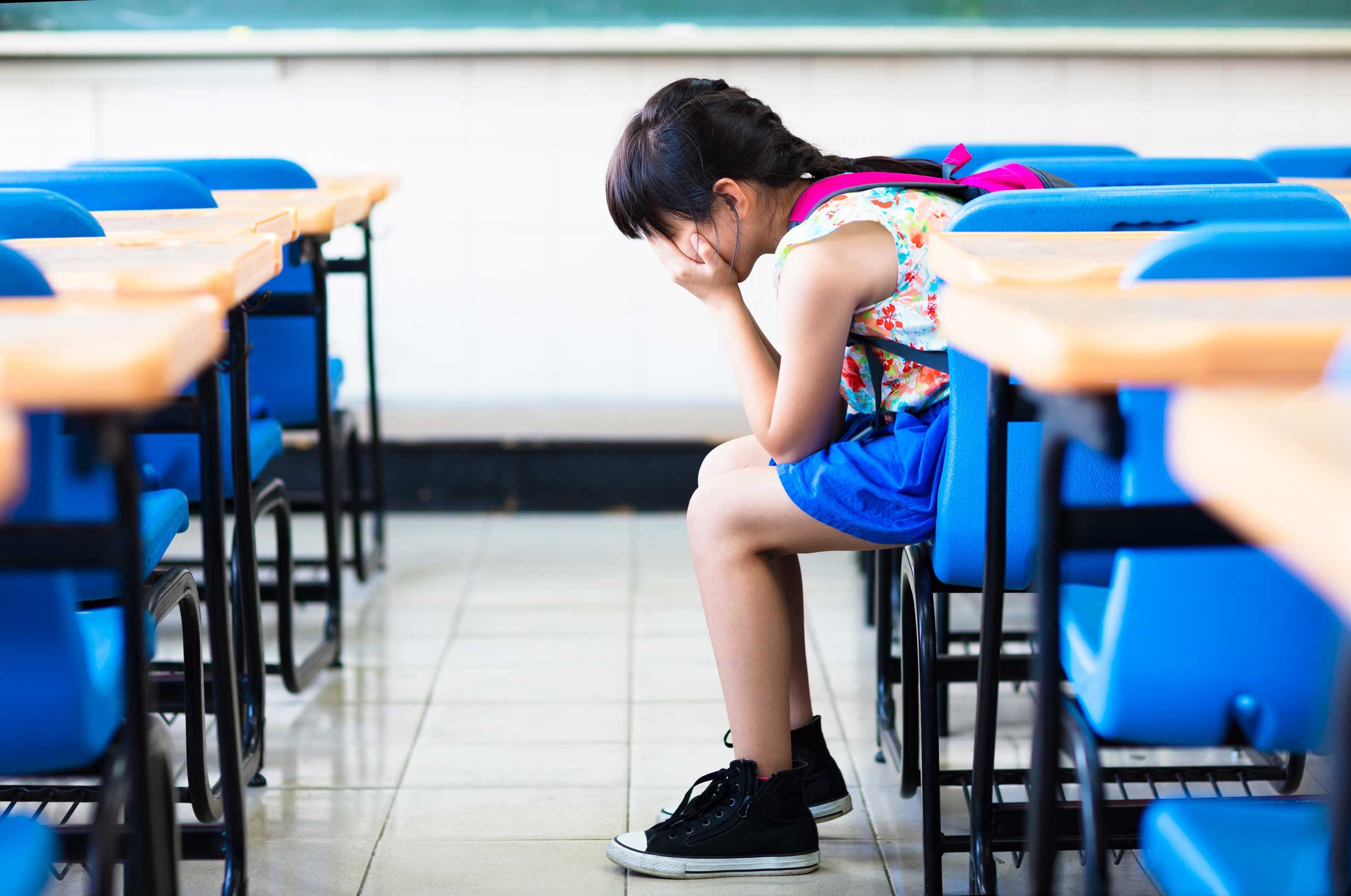
Children can become depressed too
“It is important to recognize that depression in children often doesn’t look ‘typical’ and can be mistaken for other diagnoses, such as attention deficit hyperactivity disorder (ADHD) or anxiety. Symptoms for depression in children can look ‘typical’: withdrawal, low energy, negative thinking, and lack of interest in activities they previously enjoyed. A child may also be irritable, easy distracted, or worry excessively. They may sleep too little or too much, or eat too little or too much. It is important to look at the child as whole, noting mood changes and external triggers throughout the day, week, and month, and maintain open communication. A common myth is that by talking about depression or suicide you will make it worse, but it’s important to talk to children about it because they may not know that something is wrong, and by opening the door you are helping them find the words to express what they are feeling.” —Kacia Kriener Putman, licensed clinical social worker (LCSW), New Jersey. These are the 13 signs of childhood depression every parent should know.
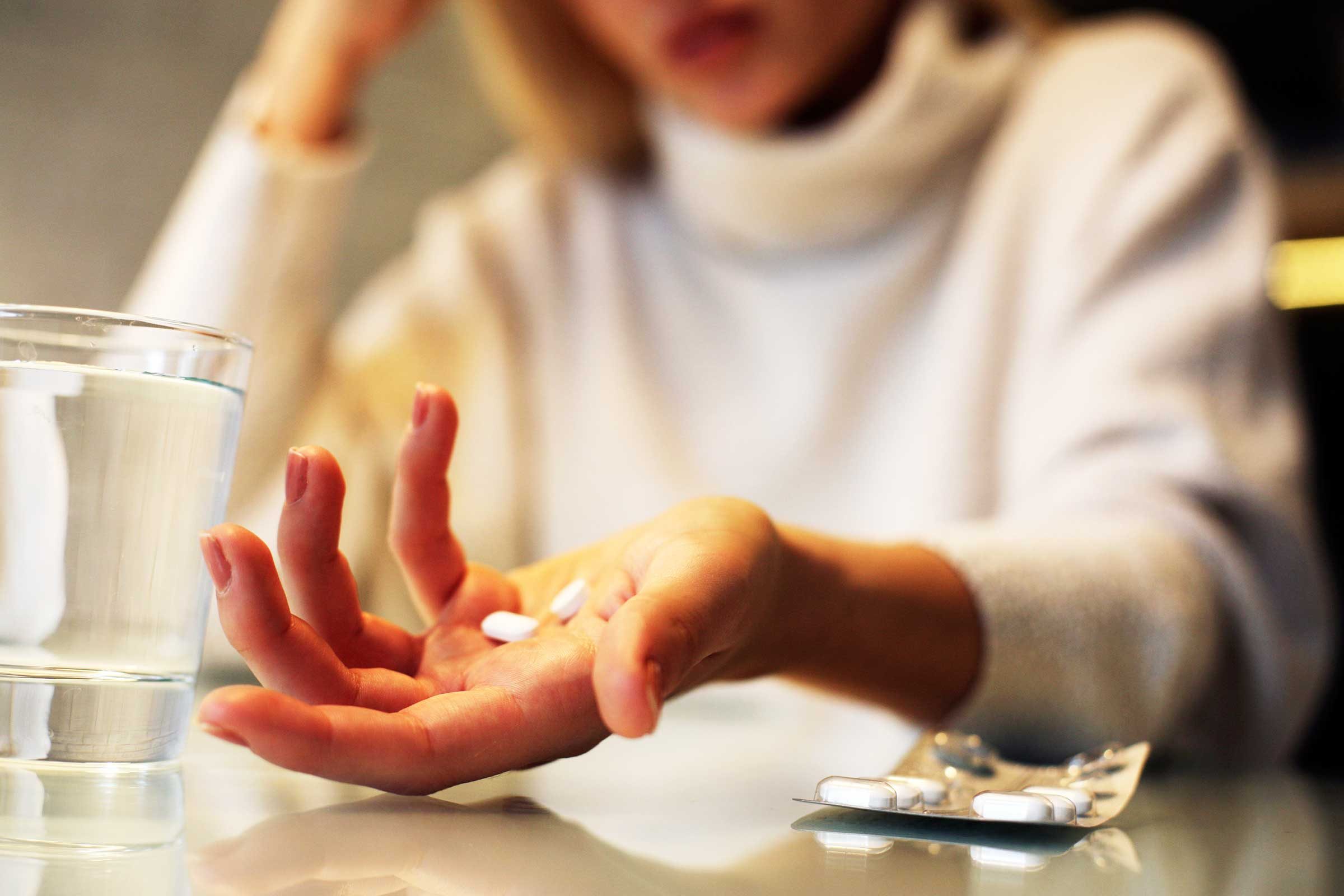
Taking meds isn’t necessarily forever
“Some people assume that if they are prescribed antidepressants they will need to take them for the rest of their lives. People can use medication as a tool to help them feel better. Using supports shouldn’t be confused with becoming dependent. I was with a patient yesterday who said she wanted to fix it on her own, and I asked if she had an infection would she feel the same way about antibiotics or would she take them? She laughed. Sometimes the stigma of mental illness gets in the way of people getting the help they need.” —Jessica Koblenz, PsyD, licensed clinical psychologist, Astoria, New York. Here are the 10 silent signs you may need depression medication.
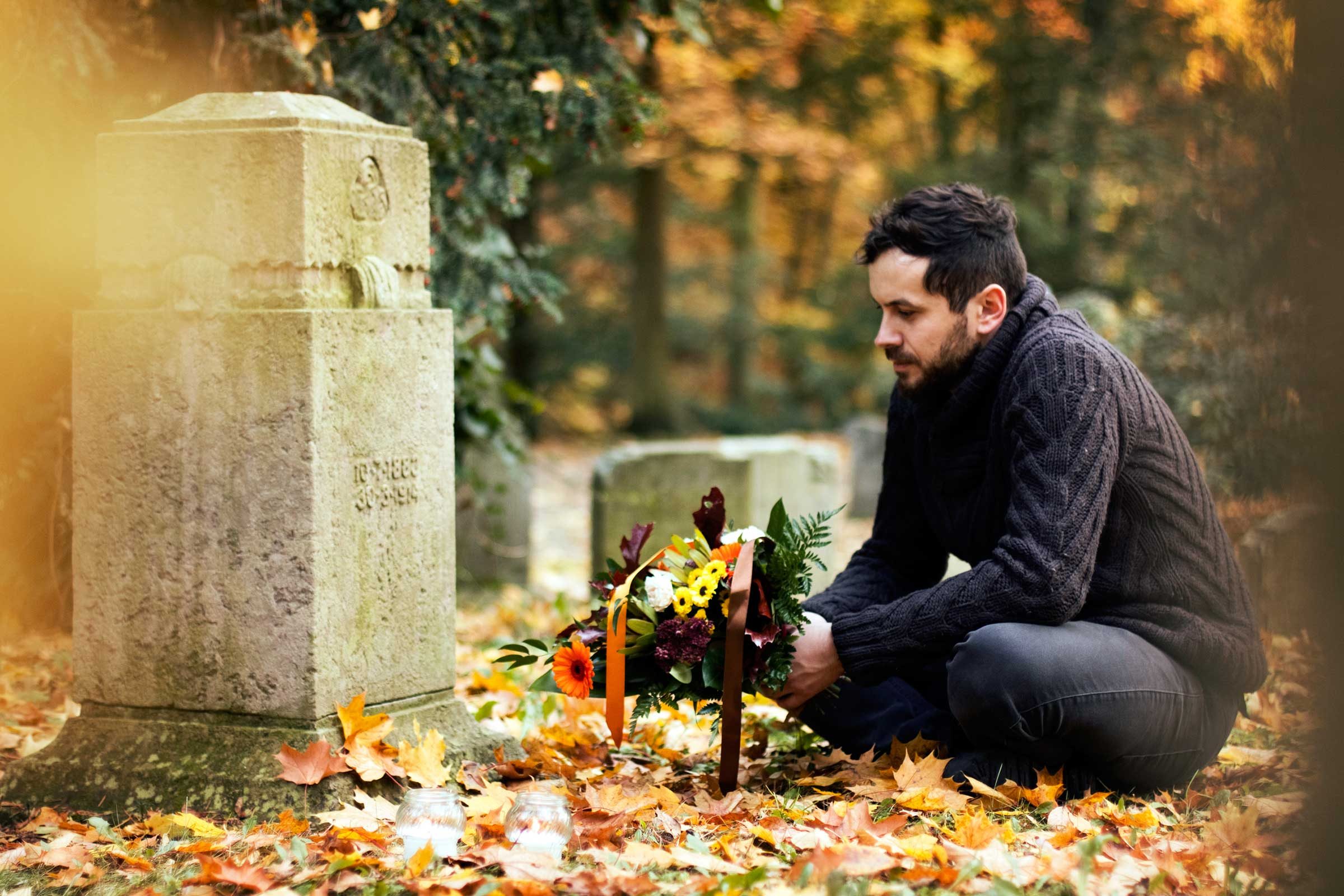
Grief isn’t the same as depression
“Sadness over loss is not depression. Grief must be experienced, not stifled or medicated. The misconception is that grieving should be brief, not too obvious, and quickly dispensed with. We often express admiration for people who do not demonstrate the depth of their sadness. Depression is not sadness over loss. But people can become depressed from persistent and unremitting stress, or as the outcome of trauma, or they may have neurobiology that makes it likely that they will become depressed at some time in their lives for no obvious reason. Psychotherapy can help sort out the cause, and that leads to the most effective treatment plan.” —Margaret Wehrenberg, PsyD, author of The 10 Best-Ever Depression Management Techniques, Naperville, Illinois

Depression can manifest itself in different ways
“People often don’t realize that depression isn’t just one thing. It can have different causes and presentations. Some people look sad, others are more irritable, some withdraw, and others seem restless.” —Lisa Moses, PsyD, licensed clinical psychologist, Westchester, New York. Here are 14 of the most dangerous and common misconceptions about depression.

Learning self-compassion is critical
“The experience of shame can interact with depression in important ways that can maintain or worsen the severity of clinical depression. Classically, the depressed person engages in behaviors that they aren’t proud of: skipping important school or work functions, losing patience with loved ones, staying in bed instead of exercising or engaging in enriching activities, drinking too much. Common sense dictates that in order to turn the downward spiral of depression into a slow but steady upward spiral, these behaviors need to change. And that is true. But for some, before behavior change happens, the shame needs to be treated first by learning the skills of self-compassion. Self-compassion is not tough love or false hope, but connecting the pain with understanding, curiosity, and a sincere wish for relief based in kindness and love rather than criticism and disgust.” —Erin Mendoza, PsyD, owner/director of Belay Psychological Services, LLC in Red Bank, New Jersey

Depression can have physical symptoms
“One of the main symptoms that gets people asking for help has nothing to do with mood at all. Many people with depression have physical symptoms like backaches, headaches, stomach aches, and sleep problems that are the reason they eventually go to the doctor. After ruling out physical reasons for their symptoms, they are ultimately diagnosed with depression.” —Susan Fletcher, PhD
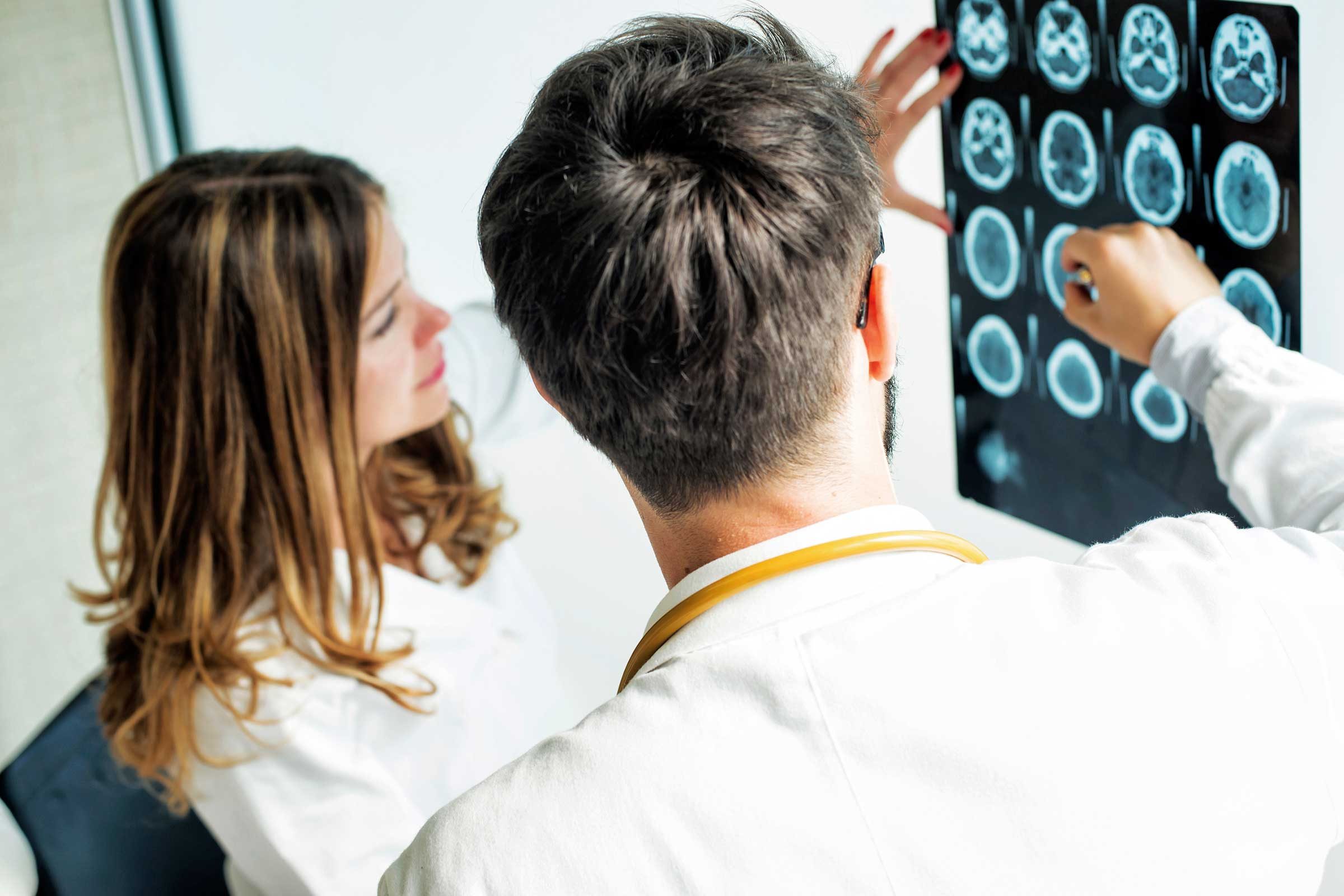
Depression isn’t necessarily caused by a chemical imbalance
“We’ve seen this theory presented to us in advertisements on television for many years. While biochemistry certainly can play a role in depression, it’s impossible to say whether it is a cause of depression, or an effect based on changes in your life situation and/or environment, your behaviors and thoughts, while feeling depressed. We also know that the brain is very complex, so that many different neurotransmitters or ‘brain chemicals” play a role in influencing, and being influenced by, our emotions.” —Simon Rego, PsyD. Here are the symptoms of bipolar disorder you could be ignoring.

A change of scenery can help
“A person’s mood changes from place to place. One of the most important treatments for depression is having people change their locations much more often than was necessary before the depression started. Depression convinces a person to withdraw from the world. The best treatment for this problem is to increase the variety of places a person visits, and increase the frequency with which they get out of their usual spots.” —R. Wolf Shipon, PhD, licensed psychologist and clinical director of Inner Wellth, LLC in Mountain Lakes, New Jersey
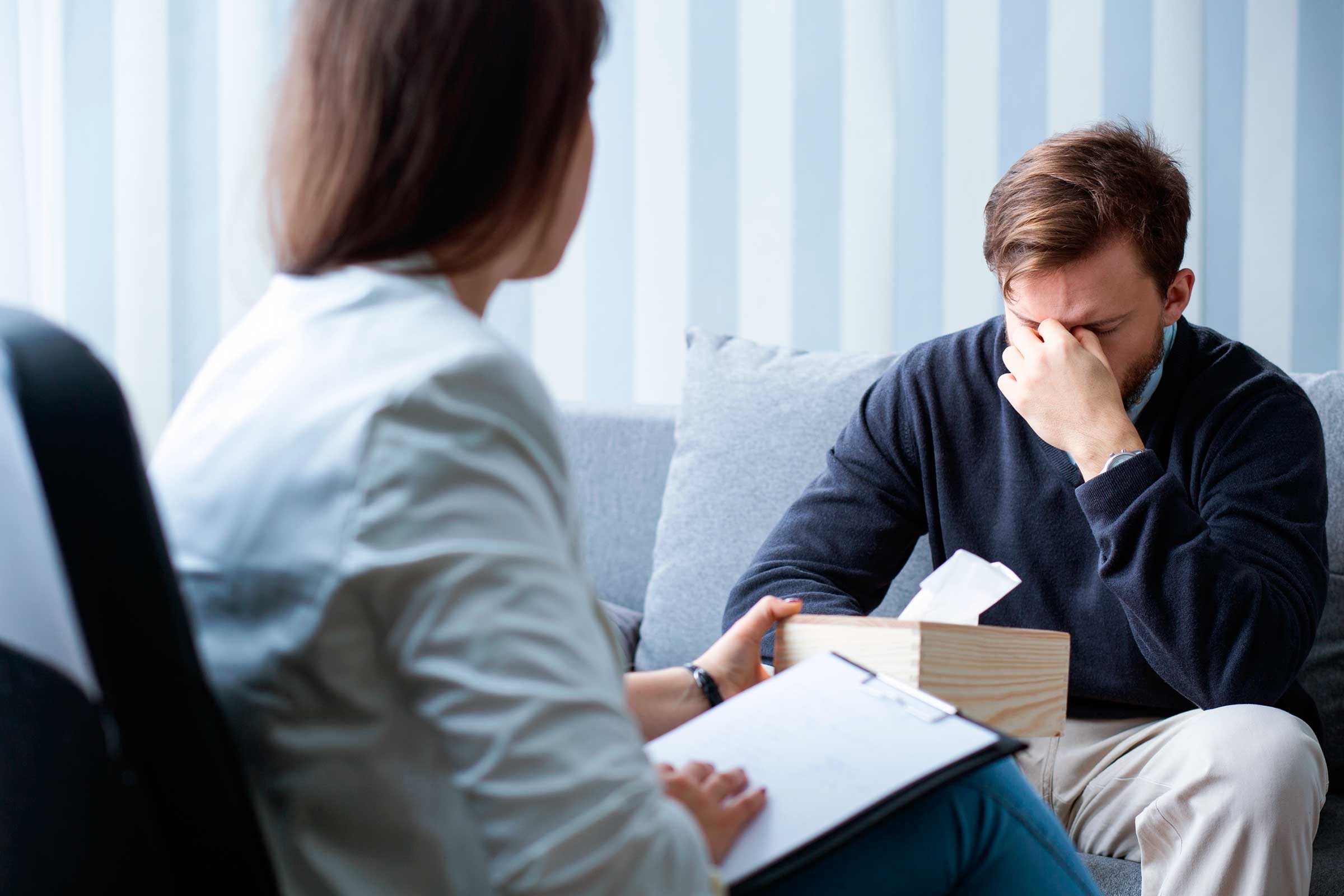
Depression won’t go away on its own
“A mental illness cannot be willed away or brushed aside with a change in attitude. Ignoring the problem doesn’t give it the slip either. Depression in mild forms can deteriorate into more serious forms if left untreated. It’s the leading cause of disability among workers in the Unitd States, and is responsible for upwards of $44 billion of lost productivity. Depression is a serious but treatable illness, with a success rates of more than 70 percent for those who seek intervention. Some think therapy will take forever, but it won’t. There are genetic tests that help target successful antidepressant medications that help speed recovery. And with proper treatment (talk therapy and medication), you’ll begin to feel a reduction of symptoms within weeks.” —Deborah Serani, PsyD. This is the difference between anxiety and depression.

Family history can predict depression
“Family history can play a crucial role in depression. A genetic predisposition can increase your chances of being depressed. Also, having depressed attitudes modeled for you throughout your life provides a framework for how you develop your own perspective. Because these attitudes are learned, they can also be unlearned and relearned—it just takes time.” —Jessica Koblenz, PsyD
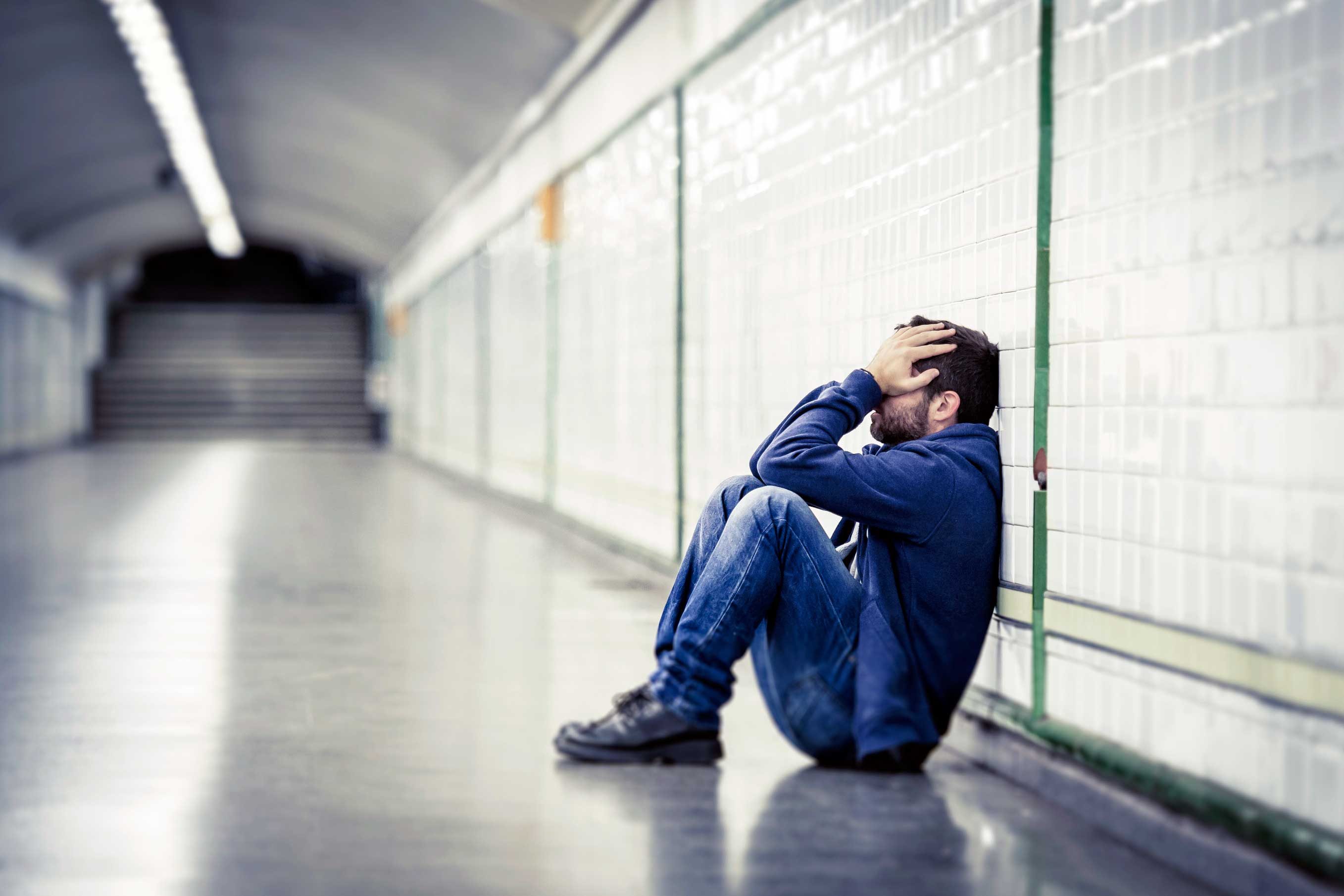
Depression is like being stuck in a rut
“The depressed person, due to the way brain operates in depression, become unable to see new solutions to problems, and they focus overly on negatives. They tend to ruminate on what is wrong in their lives, and such brooding increases mental ‘stuckness.’ Depression can be helped by medication and yet it may be helped without medication if the depressed person will seek psychotherapy, which is very effective. Medication alone is easy but does not teach people how to cope with the situations that may have created the depression in the first place.” —Margaret Wehrenberg, PsyD. These are the 9 signs you should consider seeing a therapist.
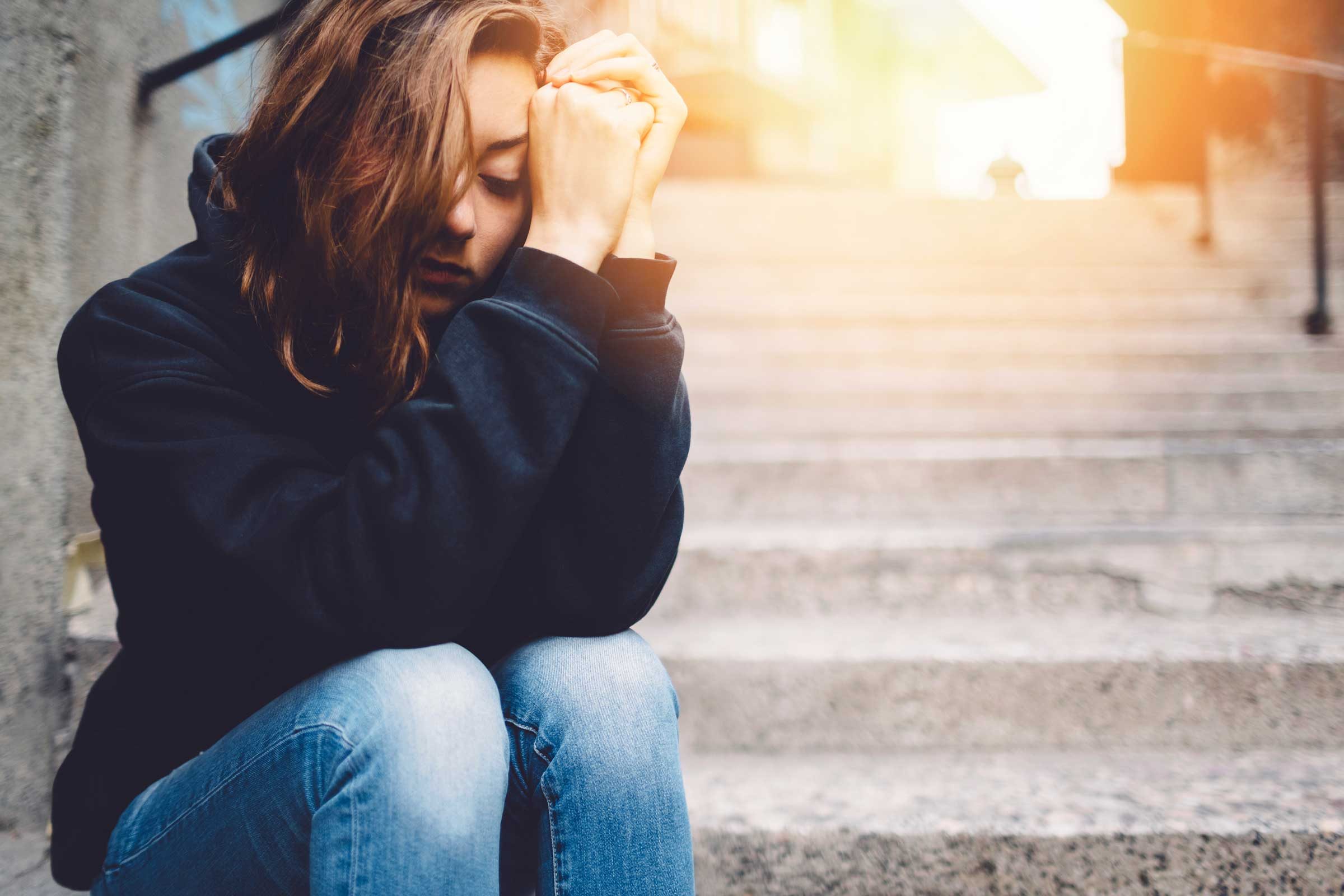
People who suffer from depression aren’t weak
“Many people mistakenly believe that if you can’t see it like you can a broken bone, it must be less significant and therefore can be overcome by simply using willpower. If not, they mistakenly believe that people who suffer from depression are weak. But mental health disorders are real, significant, and common. We need to do a much better job of looking out for people with depression, educating the public to take them seriously and to understand how important it is to get connected with a licensed mental health professional for help. Because great help exists, if people are willing to seek it out.” —Simon Rego, PsyD. Next, check out these 16 science-backed ways to overcome depression.
